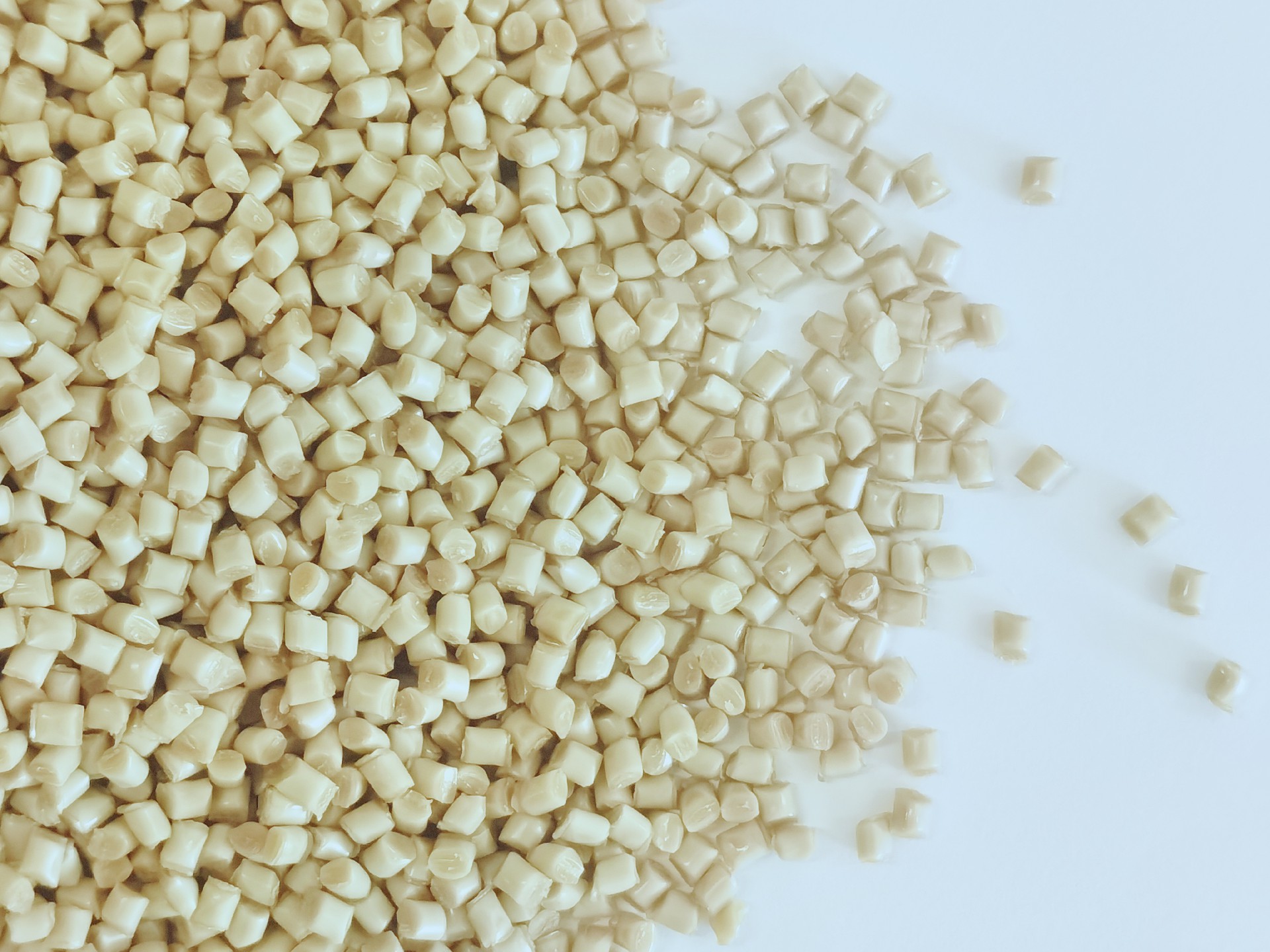
PGA, polyglycolic acid, is the simplest aliphatic polyester with a regular linear molecular structure and a high degree of crystallinity (45% to 55%). The high degree of crystallinity gives it a large tensile modulus of elasticity and a high strength-tensile strength of 110Mpa. It is the first synthetic semi-crystalline polymer studied for biomedical use. PGA is insoluble in organic solvents, has a glass transition temperature between 35 and 40°C, and a melting point above 200°C. It can be processed by extrusion, injection molding, and molding. Due to its good fiber-forming properties, PGA was first developed into an absorbable suture.
In 1969, the first synthetic degradable suture DEXON® approved by the US FDA was made of PGA. As PGA has suitable degradability, excellent initial mechanical properties and biological activity, PGA non-woven fabrics have been widely studied as tissue regeneration scaffold materials. At the same time, it has the ability to help tissue regeneration and close the skin without sutures, PGA dura mater substitutes are also being studied, and PGA has also been developed as an internal fixation system.
PGA degrades through random rupture of ester bonds in the chain segments (under normal biological conditions). In a normal biological environment, PGA experiences a decrease in mechanical properties within 1 to 2 months and complete mass loss within 6 to 12 months. In the body, PGA degrades into glycine, which can be directly excreted from the body through urine or metabolized into carbon dioxide and water. In order to meet the needs of different medical scenarios, under the premise of biosafety, PGA is modified and copolymerized to change the degradation characteristics and physical properties, thus producing materials such as PGLA, PLGA and PGA-TMC.